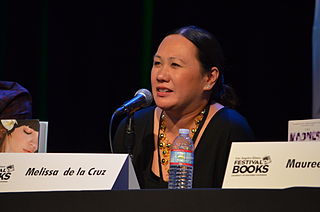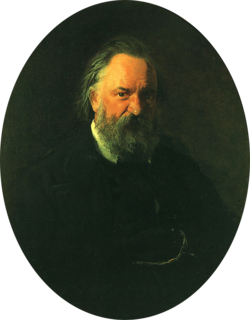A Quote by John Burroughs
Nature teaches more than she preaches. There are no sermons in stones. It is easier to get a spark out of a stone than a moral.
Related Quotes
Nature is not personal. She is the compound of all these processes which move through the universe to effect the results we know as Life and of all the ordinances which govern that universe and that make Life continuous. She is no more the Hebrew's Jehovah than she is the Physicist's Force; she is as much Providence as she is Electricity; she is not the Great Pattern any more than she is the Blind Chance.
Jack Force was more than she had ever dared wish for, and he was better than a dream or a fantasy because he was real. He was far from perfect, moody and distant at times, and burdened with sharp temper and an impulsiveness that was part of his dark nature. But she felt more love for him than she thought possible. He wasn't perfect, but he was perfect for her. (Schuyler Van Alen)
Very few men can speak of Nature, for instance, with any truth. They overstep her modesty, somehow or other, and confer no favor.They do not speak a good word for her. Most cry better than they speak, and you can get more nature out of them by pinching than by addressing them. The surliness with which the woodchopper speaks of his woods, handling them as indifferently as his axe, is better than the mealy-mouthed enthusiasm of the lover of nature. Better that the primrose by the river's brim be a yellow primrose, and nothing more, than that it be something less.
We are not responsible for the behavior of anyone that goes contrary to what we teach, any more than the Pope of Rome or the Archbishop of Canterbury or a religious leader who teaches moral law and values can be charged with the errant behavior of a parishioner or congregant who may violate their moral teachings. That is on the individual.
It's the rough diamond that dictates what you can get out of a diamond. You can't say, "I'm going to make this," or, "I'm going to make that." It's nature. Whatever nature gives us, we explore and we build on. We can't create something that is not in the stone, so we take away as many imperfections as we can. Sometimes, you can't take them all away. But mostly, our cut, our polish, the life we put into the stones, the beauty that we bring out is exceptional.
Science even more than the Gospel teaches us humility. She cannot look down on anything, she does not know what superiority means, she despises nothing, never lies for the sake of a pose, and conceals nothing out of coquetry. She stops before the facts as an investigator, sometimes as a physician, never as an executioner, and still less with hostility and irony.


































